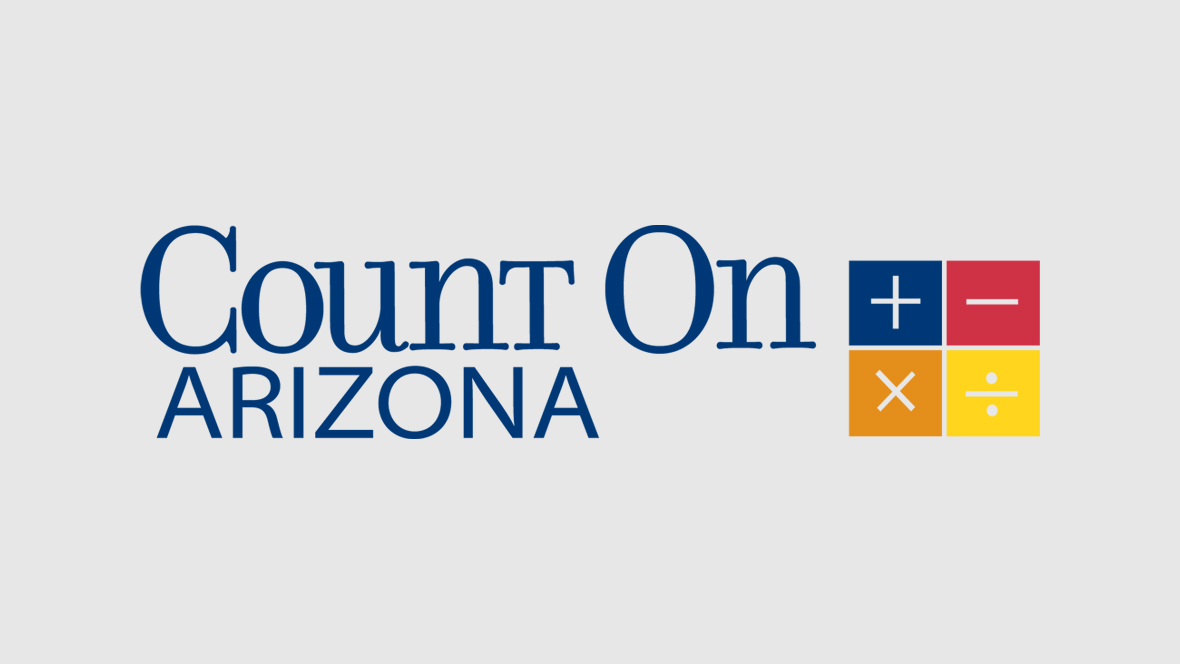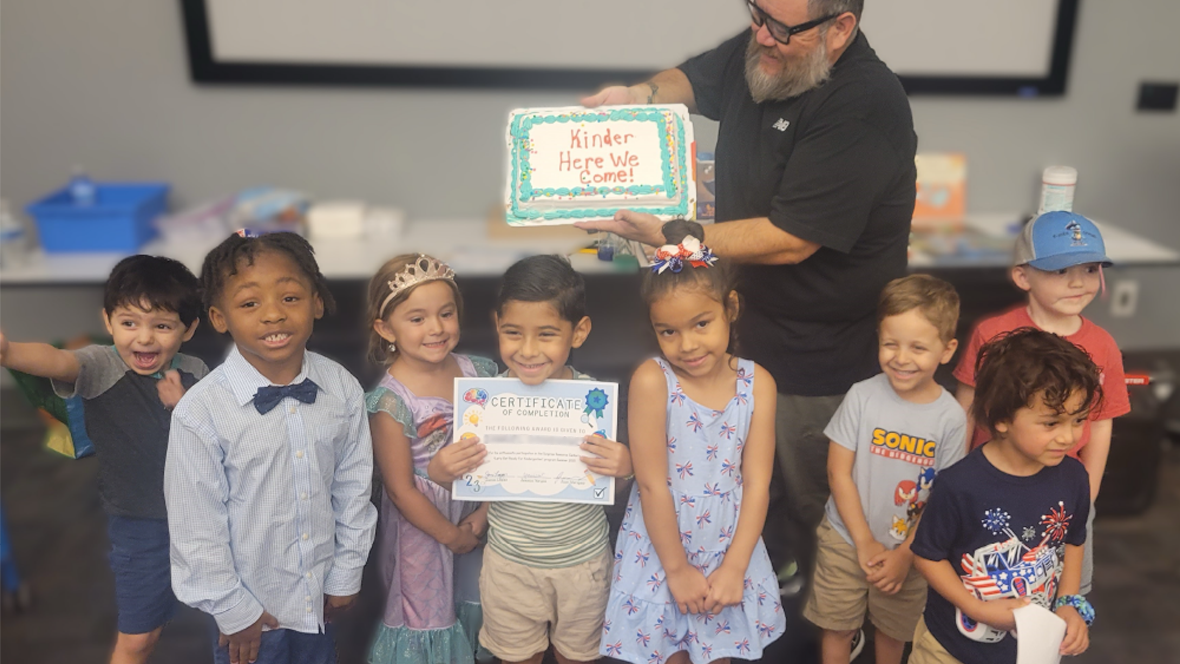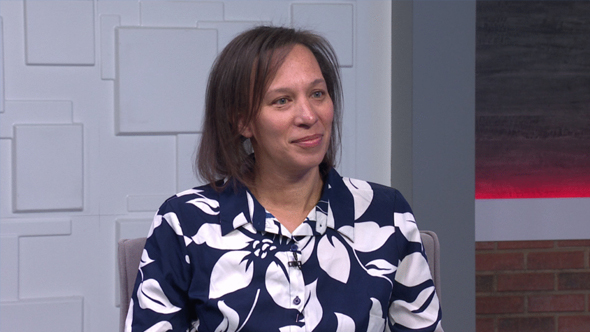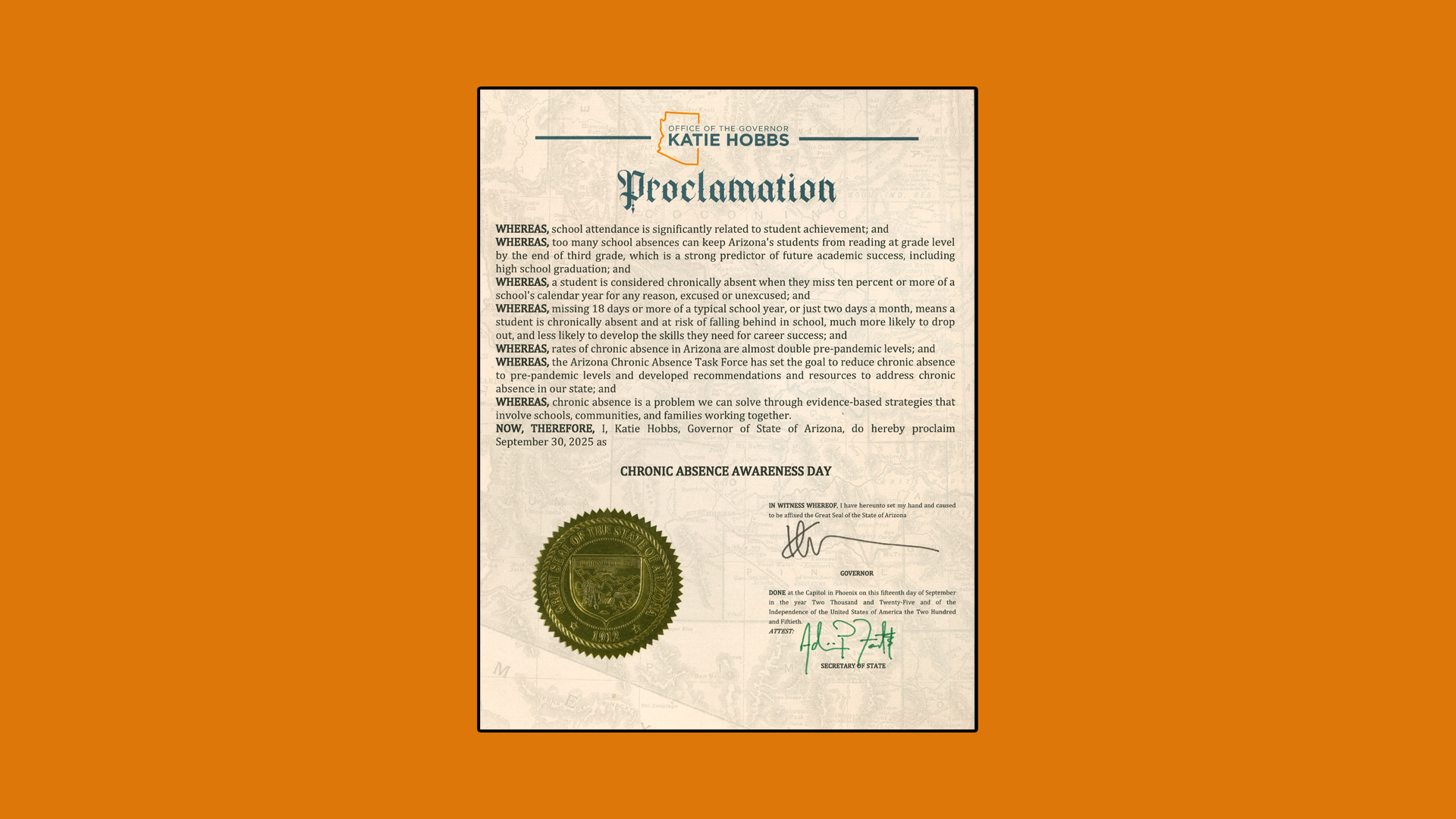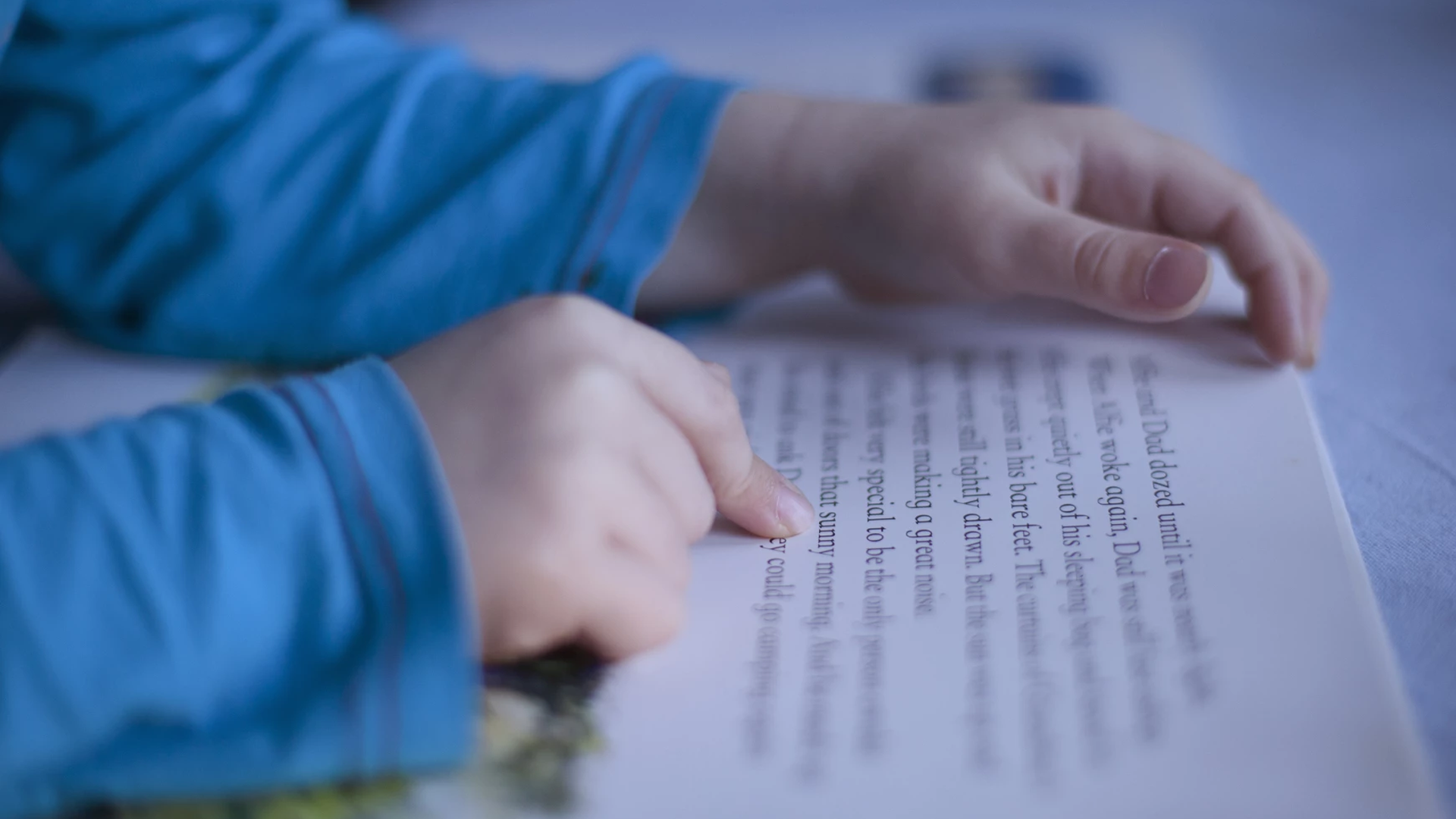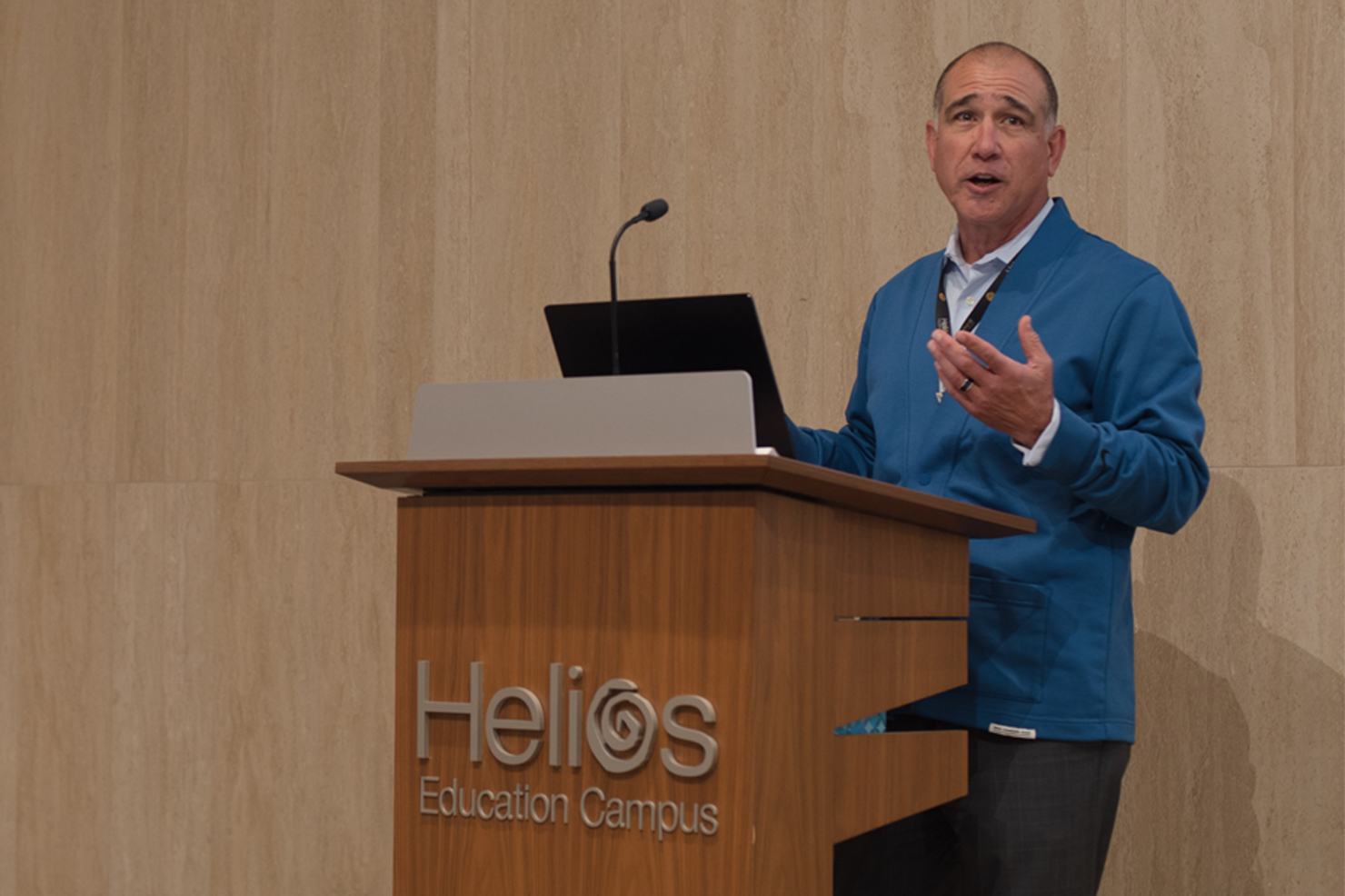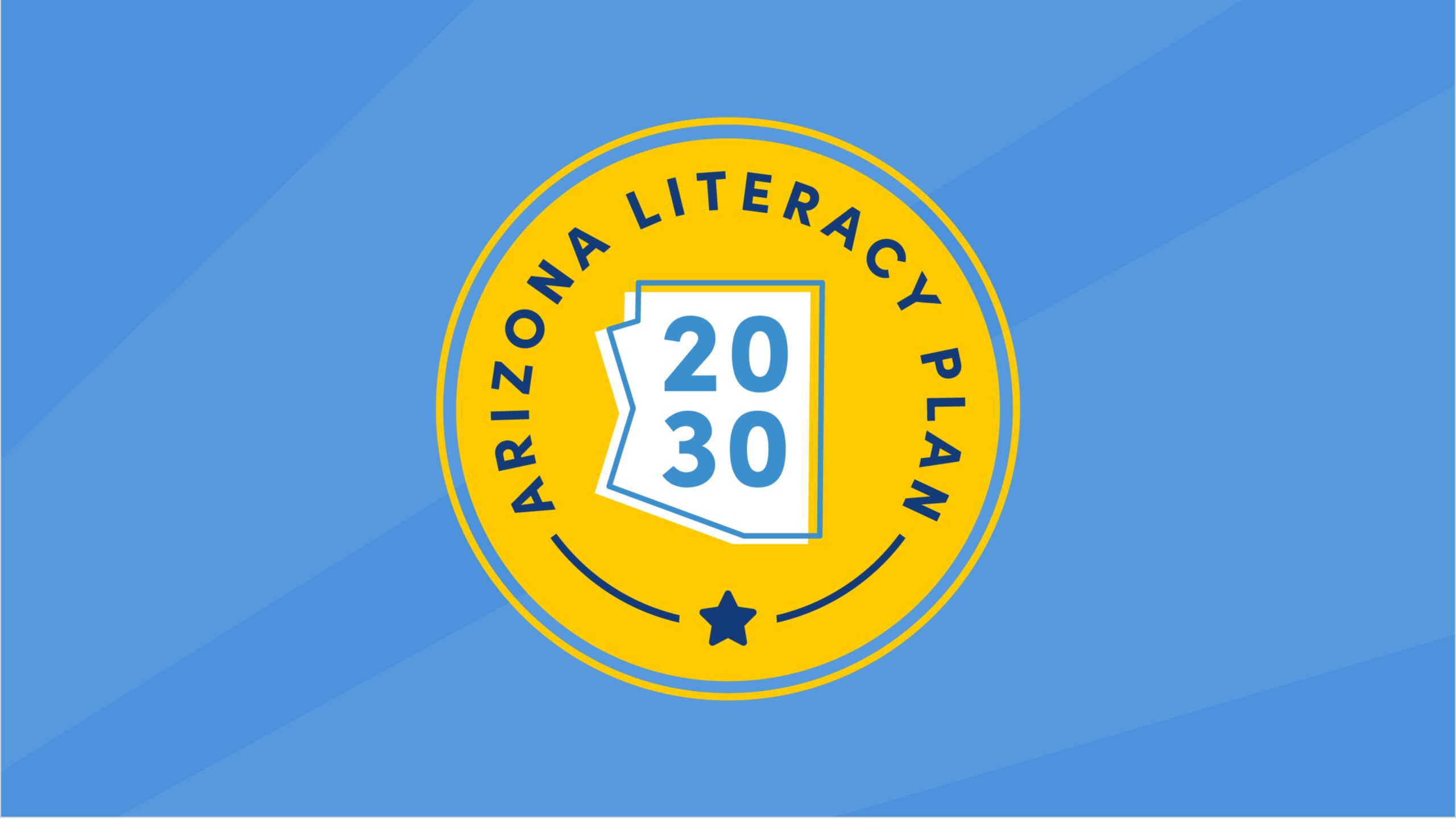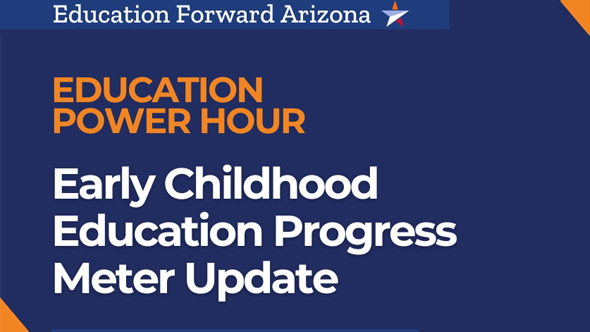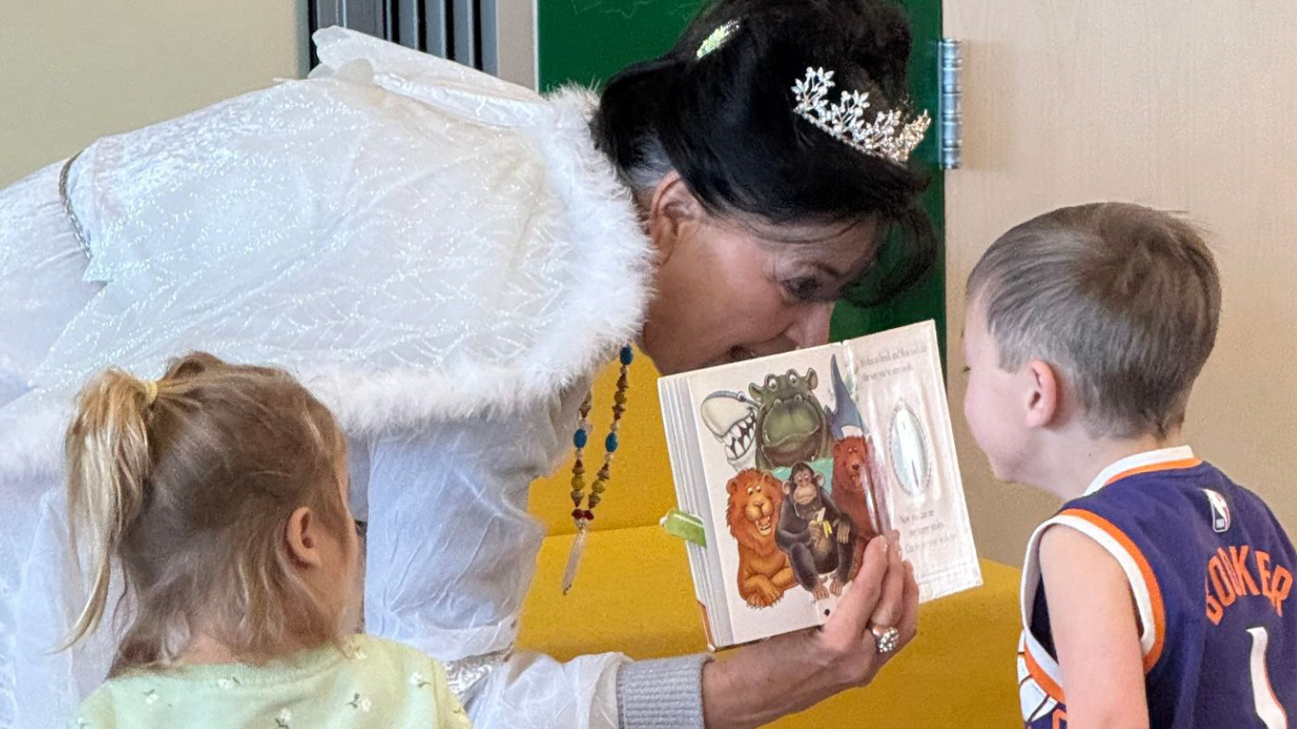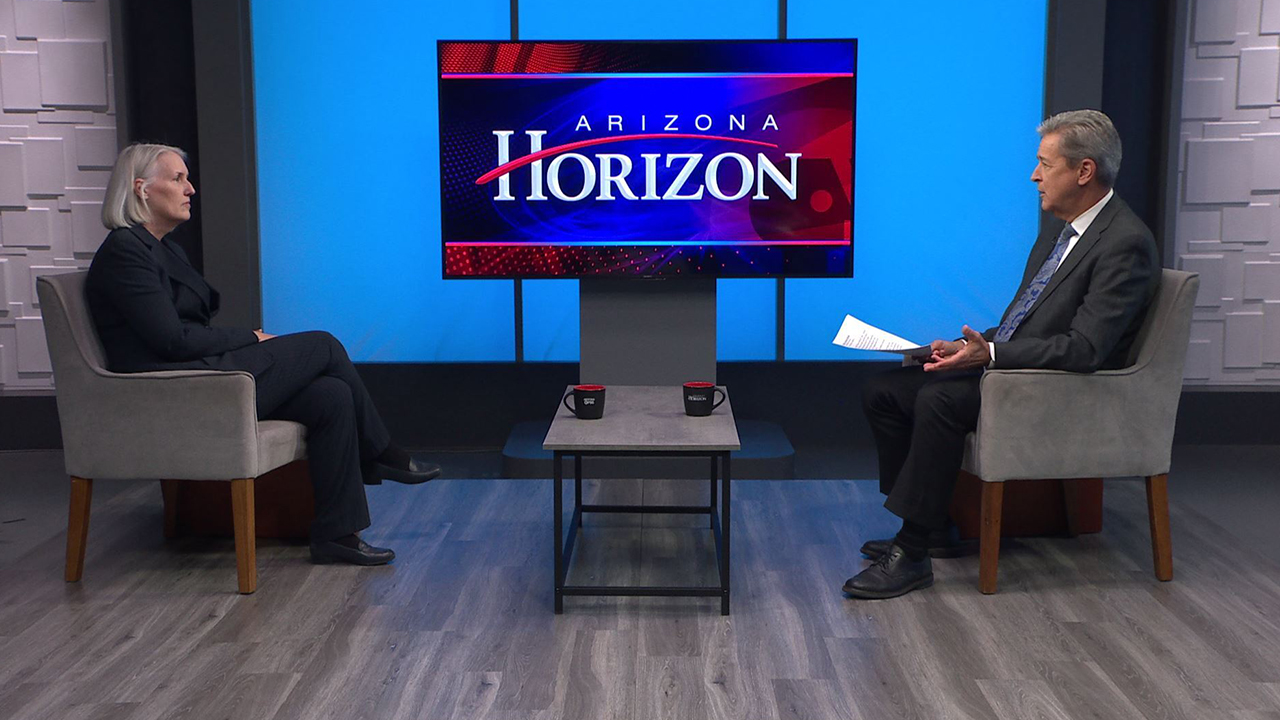March 27, 2019
Research
PHOENIX — A study of literacy programs for Arizona third-graders found that children who live in poverty or attend rural schools are at a disadvantage in learning to read.
The report evaluated how effective reading instruction programs were for third-grade students based on a number of key metrics derived from AzMERIT, Arizona's statewide learning assessment test. Study author Robert Vagi is a researcher at the University of Minnesota; he said economic and geographic factors play a significant role in a student's ability to achieve age-appropriate literacy.
"What we did find was that these school contextual factors - school-level poverty, district-level poverty within our schools, or rural schools - those were all significantly related to student achievement,” Vagi said.
Economic and geographic factors play a significant role in a student's ability to achieve age-appropriate literacy.
Vagi said he studied data from 953 Arizona schools generated from core reading programs and universal screening tools. The study, mandated by the Arizona Legislature, examined schools' use of core literacy programs, the effects of universal screening tools and the impact factors in individual schools and districts - such as poverty, minority status or locations - have on third-grade reading skills.
Vagi said the study found the location of the school had the greatest impact on literacy.
"Even after we account for poverty, rural schools still were performing at a lower level,” he said. “I think what that shows is that rural communities face unique challenges. I think it is certainly worth diverting resources and energy into understanding how we can best serve students in those communities."
Rural communities face unique challenges.
Vagi added that he believes the report will give educators and lawmakers the information they need to improve literacy among Arizona students.
"These are things that are happening very specifically in Arizona schools that provide policy makers, decision makers, stakeholders at every level to really take a look at these issues specifically as it relates to Arizona kids,” he said.
The report was produced jointly by the Arizona Department of Education and Read On Arizona.
Mark Richardson, Public News Service - AZ
